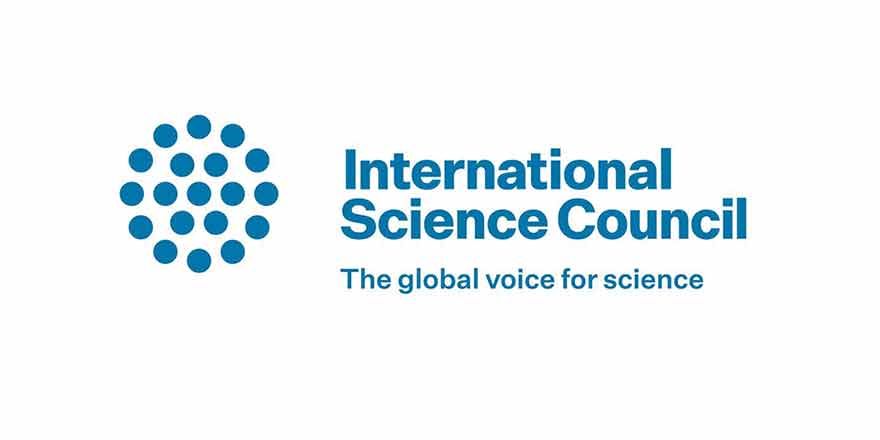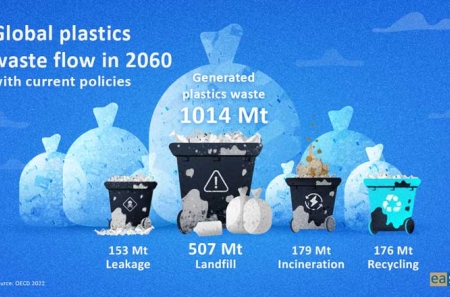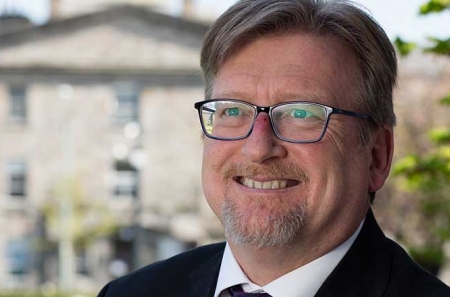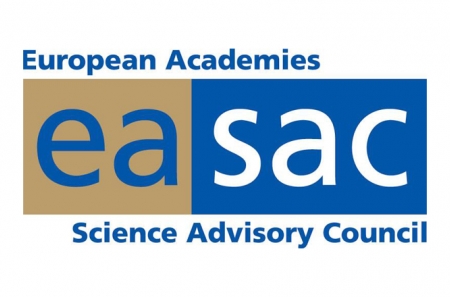
Call to share your COVID-19 initiatives with the international community
17 April 2020The International Science Council (ISC) has established an online COVID-19 Global Science Portal to amplify the response of the science community and the need for scientific expertise in this time of crisis.
As a proud and active member of the ISC, the Royal Irish Academy aims to create a curated source of information on the Academy website to provide the public with valid reliable information on Coronavirus and to inform of the contribution our Members and stakeholders are making to tackling the many challenges currently faced. This collection of COVID-19 initiatives will then be shared with the ISC as an Institutional response for Ireland. We therefore invite our members and stakeholders to amplify their work on COVID-19 initiatives by getting in touch with us as policy@ria.ie
About the International Science Council
The International Science Council (ISC) is a non-governmental organization with a unique global membership that brings together 40 international scientific Unions and Associations and over 140 national and regional scientific organizations including Academies and Research Councils.
The ISC response to COVID-19
The COVID-19 threat has plunged the world into a sudden crisis, with months of uncertainty ahead and if ever it was vital to listen to the scientists, it is now. The World Health Organization leads the way in the fight, while growing numbers of scientists and scientific organisations work to develop a vaccine. At the same time epidemiologists and other modellers, a central component of the task teams assembled by governments, provide advice on the concrete, often unpalatable measures that policymakers have to implement.
Maximal levels of cooperation are essential to a successful outcome. Beyond working together, it ought to be abundantly clear that our success depends crucially on the ability of experts from a vast range of disciplines to engage in truly transdisciplinary approaches in combating the threat of the COVID-19 virus: straddling geographical boundaries, the public and private sectors; and planning, researching, implementing strategies that draw not only on the biomedical sciences, but from the vast range of knowledge and expertise in the natural and social sciences, and engineering. The impact on social behaviour and responses poses new and fundamental questions that must be addressed.
In line with its vision of science as a global public good – where scientific knowledge, data and expertise are universally accessible and the benefits universally shared, the International Science Council (ISC) has affirmed its strong support for the World Health Organization. Furthermore, the ISC has established an online COVID-19 Global Science Portal hosted on the ISC website. The portal aims to share initiatives, best practices and general information among ISC members and with the policy-making community. In doing this, the portal will amplify the response of the science community and the need for scientific expertise in this time of crisis. With this timely portal launched, Prof Daya Reddy, ISC President has commented:
‘’As a global community we are rightly consumed with addressing the immediate challenges presented by the pandemic. But the ISC is in a position to go further than this. We have no idea of the kind of world to which we will return, once this threat is overcome. Much will have changed, some of it irreversibly. We will have learned a great deal about how better to approach major challenges, how to work together. The ISC is well placed to contribute to the set of challenges that go beyond the immediate. In this regard the ISC COVID team is engaging actively and in partnership with others. We will ensure that our members and partners are kept abreast of these initiatives as they take shape. Likewise, we look to you, our members, to work with the ISC in (re)shaping the scientific agenda.’’



